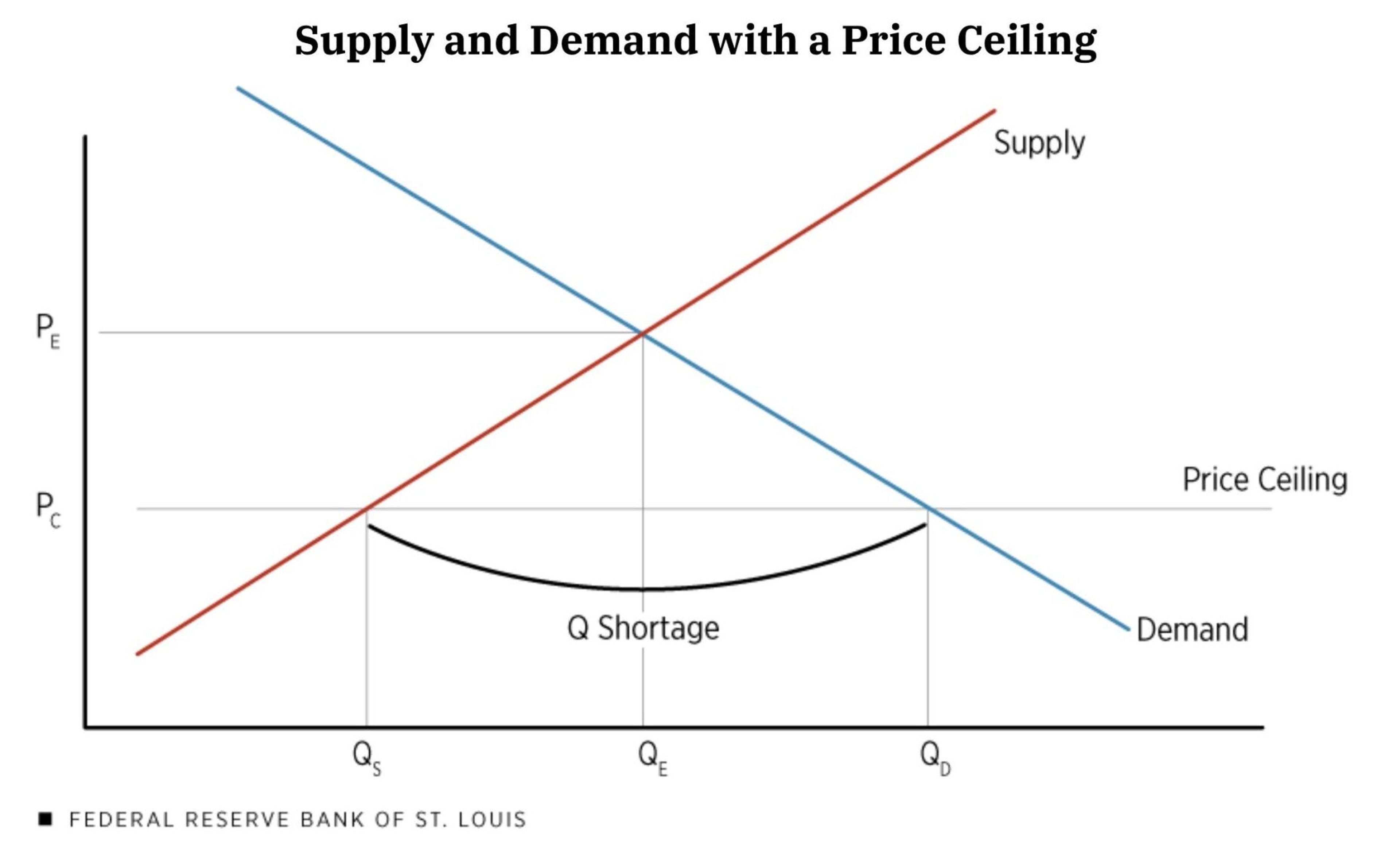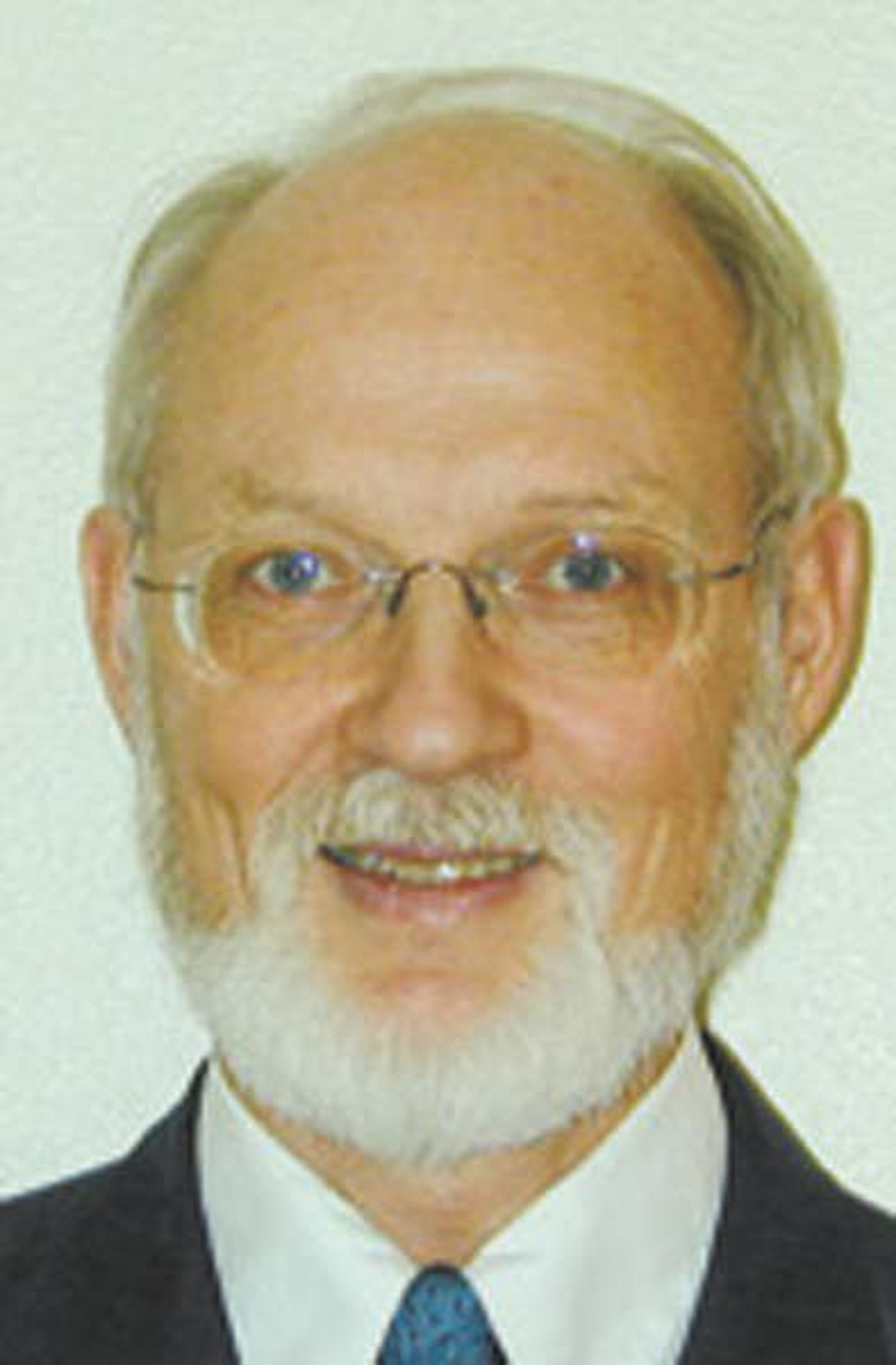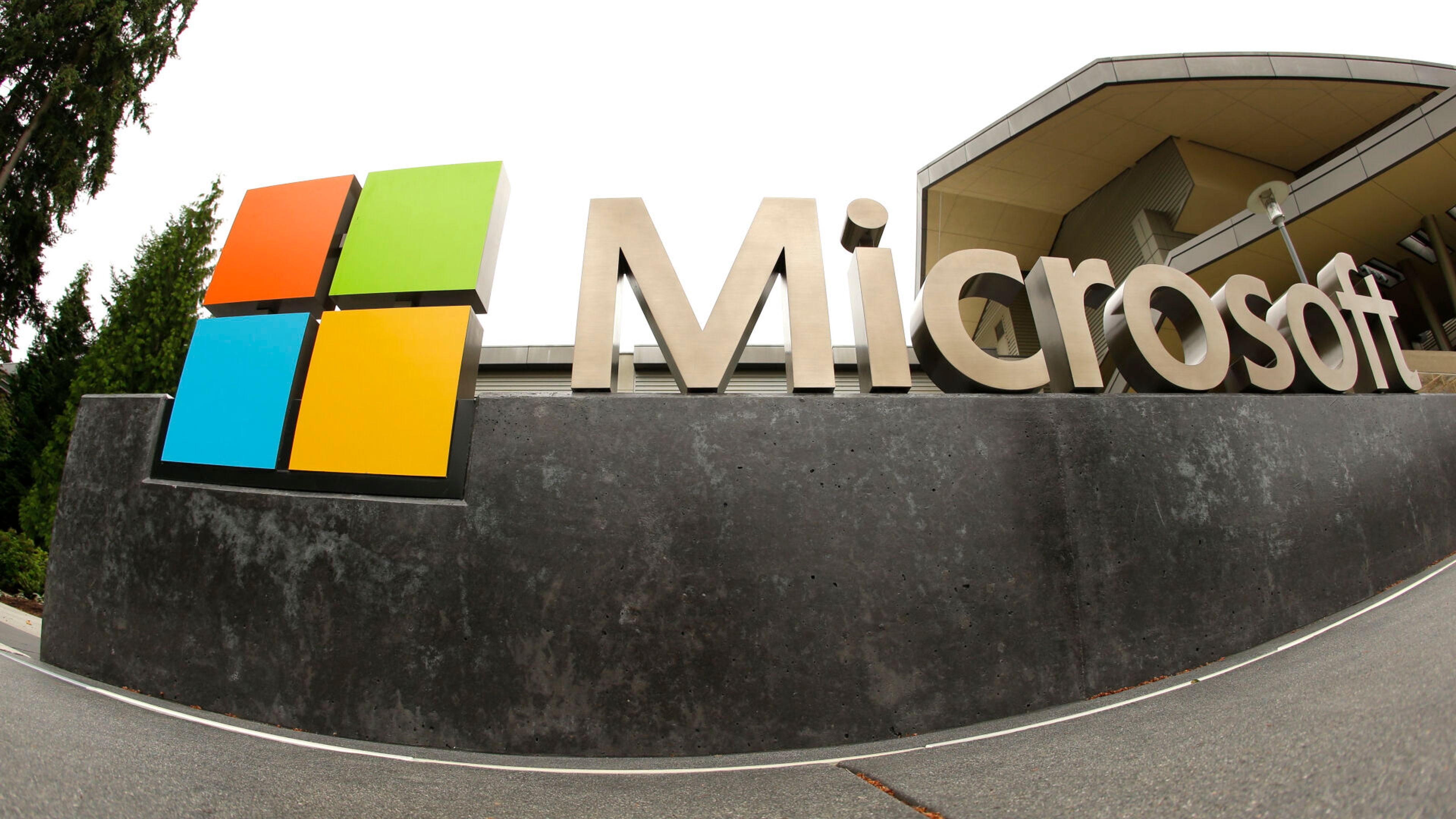It’s been four years since Idaho voters embraced Medicaid expansion, providing access to affordable health care for thousands of working adults.
The move was a sharp rebuke of the Legislature’s Republican majority, which spent years talking about the issue without moving forward.
But politics is an ever-changing landscape. No matter how clear the will of the voters, it’s never set in stone.
Medicaid expansion is up for review next year. After being dragged kicking and screaming into the program in the first place, Idaho lawmakers will have an opportunity to modify it or reverse course entirely.
A clause in a 2019 bill directs the House and Senate health and welfare committees to “review all fiscal, health and other impacts of Medicaid eligibility expansion … (and) make a recommendation to the Legislature as to whether such expansion should remain in effect.”
The deadline for completing that work is Jan. 31.
Medicaid Expansion review ‘Such a shame’
Emily Strizich groans when she hears the news.
“It’s such a shame,” she said. “It seems to me reasonable Idahoans appreciate the need for a program like this. I think the pandemic proved how essential health care is. It’s ridiculous to think the Legislature would look for ways to undermine things that support families.”
Strizich is an occupational therapist and co-founder of Reclaim Idaho, the grassroots group that sponsored the Medicaid expansion ballot initiative.
During that 2018 campaign, she crisscrossed Idaho in a beat-up green van, trying to drum up support.
Given the condition of the van, she often used vehicle maintenance as a proxy for health care when talking with people:
Do you want to change the oil regularly and keep things humming, or do you ignore it and have to replace the engine every 10 years?
Medicaid expansion offered thousands of uninsured Idahoans the opportunity to get regular oil changes, Strizich said. And just as with cars, that preventative care could help them avoid more serious health problems down the road.
It was a good analogy, but it wasn’t until the initiative passed that the reality hit home for her.
After expansion coverage took effect in 2020, Strizich was working at Bonner General Health in Sandpoint. She started seeing patients who had been suffering from joint pain for years, but who only now could get treatment.
“At least once a week someone would come under my care,” Strizich said. “They’d had arthritis for years and couldn’t get treatment, so now they were coming in for a joint replacement. Or they needed a joint replacement but couldn’t afford it, so they’d spent a year in a wheelchair. Then they gained a lot of weight and had to deal with Type 2 diabetes on top of that. They had one initial complaint that continued to deteriorate because they couldn’t afford health care.”
They’d gone without oil changes for years, and would have continued their downward slide had Medicaid expansion not given them the chance to get treated.
“People were so relieved,” Strizich said. “I remember one guy saying he could finally play baseball with his grandkids. I tried to keep from crying, but it was hard to contain the gratitude I felt to the people of Idaho who voted for expansion.”
130,000 ‘Medicaid gap’ patients got coverage
Congress enacted Medicaid expansion in 2014, as part of the Affordable Care Act.
The program provides health care coverage to people earning between 100% and 138% of the federal poverty level. That’s the so-called “Medicaid gap” population — people who earn too much to qualify for traditional Medicaid and too little to qualify for insurance premium subsidies through the state health exchange.
The federal government covers 90% of expansion costs. States have the option to accept or reject the funding.
Idaho lawmakers debated various alternatives over the course of six years, but never reached consensus on whether or how to move forward.
Fed up with the delays, voters took matters into their own hands and passed the expansion initiative by a margin of 61% to 39%. Because of that, more than 130,000 low-income Idahoans now have access to affordable health care, many for the first time.
“For thousands of people enrolled in the program, the benefits of Medicaid expansion have been life-changing. And in hundreds of cases, the benefits have been life-saving,” said Luke Mayville, who co-founded Reclaim Idaho along with Emily and Garrett Strizich.
Not everyone sees it as a shining success, though.
Sen. Regina Bayer, R-Meridian, authored the Medicaid expansion review clause in the 2019 bill. She thinks the case for reconsidering the program has only strengthened with time.
For example, she noted that most of the sideboards lawmakers proposed for it — including a 20-hour per week work requirement — haven’t been approved by the federal government.
Costs have exploded as well. Actual expenditures in fiscal 2022 were about $840 million — nearly double the $440 million that was initially projected.
“If we have that kind of increase over three years, I think it’s important to re-evaluate,” Bayer said recently. “It’s important to look at what’s actually going on.”
Bayer also wonders how many expansion enrollees actually are working.
“I don’t think we should be paying people to stay home, I really don’t,” she said. “And I think a lot of these people may be staying home, not because it’s medically necessary, but because why work if we’re giving them money.”
An Idaho Department of Health and Welfare spokeswoman said the agency doesn’t track employment status for expansion recipients, or the reasons why they might not be working.
At the time of application, however, 69,967 out of 130,675 program participants reported at least some earned income. That’s 54% of the expansion population.
Bayer isn’t sure how difficult it would be for Idaho to repeal Medicaid expansion. That option became a little more likely after the May 17 primary, though, when several far-right Republicans defeated moderate incumbents in the Senate.
“I don’t know how much of a battle the feds would give us,” Bayer said. “As far as having the votes in the Senate, there’s a better chance now than there has been the last four years.”
‘A fiscal train wreck headed for Idaho’
The Idaho Freedom Foundation, which takes credit for the Legislature’s conservative drift, has opposed Medicaid expansion from the start.
The Boise-based think tank describes the program as “a fiscal train wreck headed for Idaho,” saying it will consume an ever-increasing share of state resources and pull funding away from other areas of government.
To some extent, that has proven to be the case.
The total Medicaid appropriation — including federal, state and dedicated funding sources — surpassed $4 billion in fiscal 2023, which began July 1 (see sidebar).
That’s an increase of $1.58 billion, or 64%, since 2019. All other state functions combined increased by 32%.
Medicaid expansion alone accounted for nearly a quarter of the entire increase in state spending during that five-year period, as well as more than half the increase in overall Medicaid spending.
Most of its funding, though, comes from the federal government, rather than state tax coffers.
In fiscal year 2023, for example, lawmakers appropriated $842 million for Medicaid expansion. But only about $58 million, or 6.9%, of that was from the state general fund, which pays for K-12 education and other general government services.
That figure doesn’t include an estimated $10 million per year in offsets or reductions in other state programs — services that previously were paid for entirely with state dollars, but that now qualify for the 90-10 federal match.
The $58 million also doesn’t include about $17 million to $21 million in annual savings related to the now-repealed Catastrophic Health Care/county indigent health care program, which previously paid medical costs for people who otherwise couldn’t afford treatment.
Nor do these costs reflect any beneficial effects that Medicaid expansion might have on Idaho’s economy, such as stronger job growth or lower insurance rate increases for businesses and individuals.
Dean Cameron, director of the Idaho Department of Insurance, said there’s some evidence for the latter, although the turmoil associated with the coronavirus pandemic makes it impossible to say for sure.
“Over the last two or three years, our (health insurance) rates have been relatively flat,” he said. “I want to believe that flattening has been due to two things: Medicaid expansion, and we reached the point where carriers were collecting adequate money to pay their claims.”
Cameron previously served in the Idaho Senate and worked as an insurance agent. Medicaid expansion was never his preferred solution to the health care coverage gap.
Nevertheless, he expressed some reservation at the idea of repealing the program.
“Insurance is all about sharing risk,” Cameron said. “In order to keep rates down, we need more people to be insured. An unintended consequence (of repeal) might be higher rates for everyone who has insurance, and higher rates for employers. But we can’t really point and say, ‘These things will happen.’ ”
‘It’s been a good financial investment’
During the 2018 initiative campaign, supporters also suggested Medicaid expansion would be a net tax savings to the state, since the influx of federal dollars would generate more economic activity, more jobs and more tax revenue.
“And now here we are, with strong job growth and revenues above projections. We’re reaping the benefits,” said Rep. Lauren Necochea, D-Boise, who serves as chairperson of the Idaho Democratic Party.
“If the state puts in a dollar and we leverage nine dollars of federal funding, that’s always a fantastic investment,” Necochea said. “There’s no denying that hundreds of millions of dollars are flowing into the state that we otherwise wouldn’t have had — and people are receiving health care.”
Since 2020, Medicaid expansion has cost Idaho taxpayers about $172 million, not including any offsets or cost-savings in other programs.
Those state dollars have been matched by more than $2 billion in federal funding, as well as about $50 million in state tobacco settlement funding and another $320 million from various drug rebates and third-party settlements.
“It’s been a good financial investment,” Necochea said. “And it’s laughable to suggest we should be taking health care away, at a time when we have such strong state revenues.”
Rep. John Vander Woude, R-Nampa, agrees that Idaho’s current economic strength can be tied to Medicaid expansion, as well as other recent infusions of federal funds such as pandemic relief dollars.
He doesn’t see that as reason to cheer, though, since taxpayers end up footing the bill whether the money comes from the state or from the federal government.
“Whether it’s coming from my right pocket or my left pocket, it’s still coming out of my pocket,” he said.
Vander Woude currently serves as vice chairperson of the House Health and Welfare Committee. He was among a handful of lawmakers who for years tried to build consensus on alternatives to Medicaid expansion.
“I figured we could solve the problem for a whole lot less than $400 million, but it would take our own (state) money,” he said.
Now that voters have spoken, Vander Woude doubts lawmakers will repeal Medicaid expansion. But he does think they might reconsider work requirements and other sideboards that previously failed to receive federal approval.
“I do think there will be an appetite to look at it, especially given the growing cost of Medicaid,” he said.
Medicaid expansion was ‘desperately needed’
Mayville, the Reclaim Idaho co-founder, also believes lawmakers will be reluctant to repeal Medicaid expansion, even if they opposed it in 2018.
“Now that the program is in place, I think they’ll accept it as a reality,” he said.
As for the soaring cost of Medicaid expansion, Mayville said that’s largely because of the strong demand.
“It turns out Medicaid expansion was even more desperately needed than we originally understood,” he said.
The current enrollment of about 130,000 is more than double what was originally projected. Some of that will go away once the federal public health emergency ends (see related story). The bulk of it, though, reflects the lack of affordable health care — the very problem the program was intended to address.
“We were seeing patients who hadn’t accessed health care for 20 years, because they couldn’t afford it,” said Dr. Amy Larson, medical director of the CHAS Health Clinic in Moscow. “They only came in to see us when they were crashing. Now we’re able to manage their condition on a regular basis, with better outcomes.”
The CHAS clinic accepts all patients, regardless of their ability to pay. It doesn’t provide everything a patient needs, though. For example, it doesn’t do surgeries or offer imaging services, and it doesn’t have cardiologists or other specialists.
Because of that, Larson said, patients in the pre-expansion days often wouldn’t even consult with a specialist, because they knew they couldn’t afford any treatment.
That’s been less of a concern post-expansion. Rather than defer a colonoscopy, for example, they can now get the procedure, as well as additional treatment in the event cancer is detected. People with chronic conditions also are able to receive ongoing, preventative care.
“Our patient numbers are astounding to me,” Larson said. “Prior to expansion, 36% were uninsured. Since then, it’s been about 17%. I’ve certainly seen patients who (previously) had no insurance and no option to get coverage. Since Medicaid expansion, they’ve had the ability to get treatment. It has literally changed their lives.”
Spence may be contacted at bspence@lmtribune.com or (208) 791-9168.
“For thousands of people enrolled in the program, the benefits of Medicaid expansion have been life-changing. And in hundreds of cases, the benefits have been life-saving.”
Luke Mayville, co-founder of Reclaim Idaho
“I don’t know how much of a battle the feds would give us. As far as having the votes in the Senate (to repeal Medicaid expansion), there’s a better chance now than there has been the last four years.”
Sen. Regina Bayer, R-Meridian
















